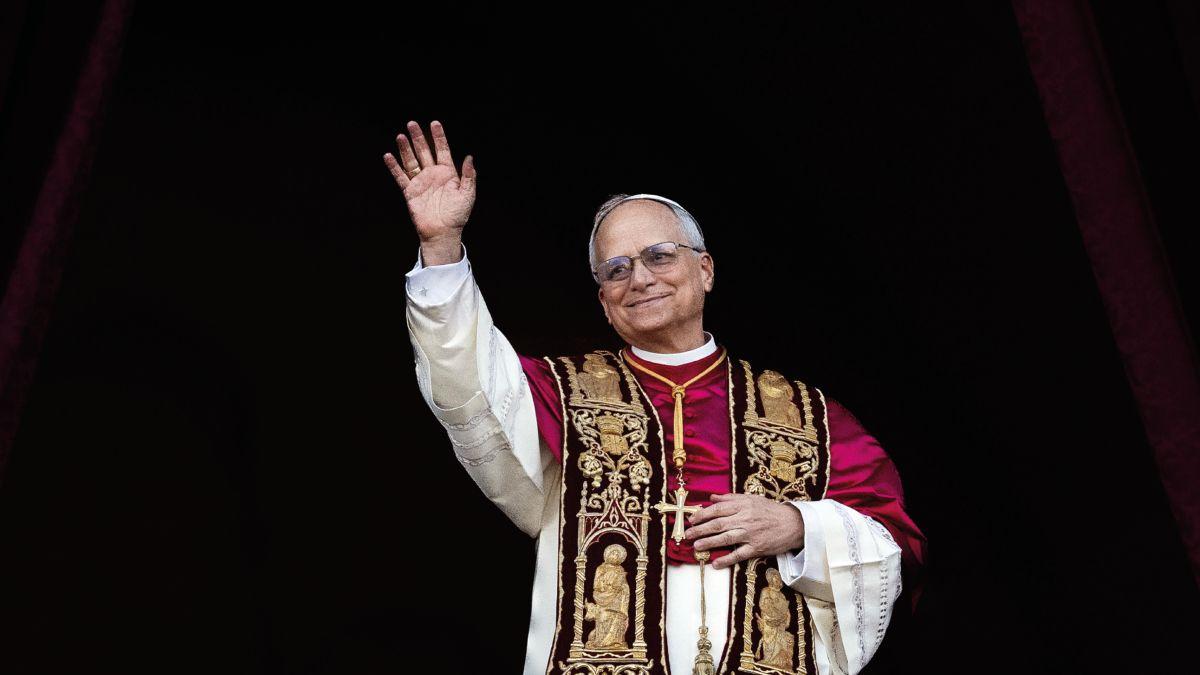Pope Leo XIV’s Commitment to Environmental Stewardship
Pope Leo XIV has made it clear that addressing climate change is a top priority for his papacy, echoing the environmental mission of his predecessor. In a series of public addresses,he has taken a strong stance against climate skepticism,emphasizing the overwhelming scientific evidence supporting climate change and the urgent need for collective action. His commitment is reinforced by a comprehensive strategy aimed at fostering global cooperation through:
- Encouraging sustainable practices in both daily life and industry, urging followers to adopt greener lifestyles.
- Strengthening interfaith alliances to address environmental issues, recognizing the global moral duty to protect the Earth.
- Promoting educational initiatives within the Church, aimed at raising awareness about environmental challenges among the clergy and laity alike.
Moreover, Pope Leo XIV has called for the Church to lead by example in environmental stewardship. He has mandated the Vatican to reduce its carbon footprint through increased use of renewable energy sources and sustainable building practices. In an era marked by growing environmental crises, his leadership aims to mobilize the faithful, insisting that the call to care for creation is not just a religious obligation, but a necessity for humanity’s survival. The Pontiff beckons everyone to join this essential cause,with a reminder that the moral implications of stewardship extend beyond faith into the realm of shared human responsibility.

Addressing Climate skepticism: A Call for Dialogue and Understanding
As Pope Leo XIV steps into the shoes of his predecessor,he is met with a world increasingly divided over climate change. Rather than dismiss skeptics outright, the Pope advocates for a nuanced approach that encourages open dialogue and fosters understanding among differing perspectives.He emphasizes the importance of listening, suggesting that acknowledging the fears and doubts of skeptics can lead to more fruitful discussions.By moving beyond polarizing rhetoric, the Pope invites individuals to consider the broader implications of inaction and the shared responsibility we hold for our planet.
The call for a united front against climate change aligns with the teachings of his predecessor, who championed environmental stewardship as a moral obligation. To facilitate this dialogue, the Pope proposes several initiatives aimed at bridging the gap between skeptics and proponents of climate science:
- Community Forums: Organizing local discussions to address concerns and misconceptions.
- Educational Outreach: Partnering with scientists and educators to provide accessible details.
- Collaborative Projects: Encouraging joint efforts that demonstrate practical solutions for sustainability.
Through these initiatives, pope Leo XIV hopes to foster a culture of respect and collaboration, allowing us all to confront the realities of climate change together, despite our differing viewpoints.

Building on the Legacy: How Previous Papal Teachings Inform Current Climate Action
Pope Leo XIV has taken a notable step in aligning the Catholic Church’s stance on climate issues with the urgent calls for action echoed by previous Papal teachings. By invoking the wisdom of his predecessors, he aims to counter the narratives propagated by climate skeptics. He emphasizes that the Church has long recognized humanity’s responsibility toward the Earth, articulating a moral imperative that resonates with the moral lessons laid down by figures like Popes John Paul II and Francis.Through careful reflection on papal encyclicals and pastoral letters, the current Pope seeks to illuminate a path forward that balances spiritual guidance with environmental stewardship.
During a recent address, Leo XIV highlighted several key principles that underpin the Church’s climate ethics, including:
- Care for creation: Emphasizing that every action has a reverberating effect on the surroundings and future generations.
- solidarity with the Poor: Acknowledging that the most vulnerable populations bear the brunt of climate change and must be prioritized in the Church’s outreach efforts.
- Interconnectedness of Life: Recognizing that all beings are linked and shoudl be treated with respect, fostering a holistic approach to environmental issues.
By reiterating these foundational principles,Pope Leo XIV challenges both believers and skeptics alike to reconsider the implications of their choices,urging them to embrace sustainable practices as a form of respect for God’s creation. This reinforcement of environmental themes not only roots the current discourse in historical doctrine but also actively shapes a future where faith and climate action walk hand in hand.

Practical Steps for the Faithful: embracing Sustainability in Everyday Life
Considering Pope Leo XIV’s impassioned message aimed at climate skeptics, it is indeed paramount for the faithful to take actionable steps toward sustainability in their daily lives. The Holy See’s recent emphasis on environmental stewardship serves as a call to arms for individuals seeking to align their faith with conscious living. By adopting sustainable practices, believers can contribute positively to the planet, echoing the Pope’s commitment to the legacy of his predecessor, who fiercely advocated for ecological justice. Here are practical ways to weave sustainability into the fabric of everyday life:
- Reduce Waste: Implement a minimalistic approach by buying only what you need and opting for products with minimal packaging.
- Support Local Producers: Purchase from local farmers’ markets and businesses to reduce carbon footprints associated with transportation.
- embrace Renewable Energy: If possible, switch to energy providers that offer renewable energy options or consider installing solar panels.
- Practice Efficient Water Use: Be mindful of water consumption, fix leaks promptly, and consider rainwater harvesting methods.
- Advocate for Policy Change: Engage with local initiatives that promote environmental conservation and join advocacy groups focused on climate action.
These practical steps not only demonstrate a commitment to environmental preservation but also invite a deeper reflection on the role of faith in fostering a sustainable future. By imbibing these habits into daily routines, individuals can amplify their voices in the broader dialogue about climate change, uniting personal action with community efforts. Faithful believers are encouraged to view sustainability as an integral part of their spiritual journey, reinforcing the notion that caring for God’s creation is a sacred responsibility.
